GERGELY BRÜCKNER – Index.hu, 7th September, 2019
Original interview: https://index.hu/gazdasag/2019/09/07/bosszankodhatna_is_a_kerekesszekes_tapasztalatai_miatt_de_inkabb_vallalkozast_alapitott_ra/
I was standing there at midnight in front of our shelter and I knew I would never ever get in
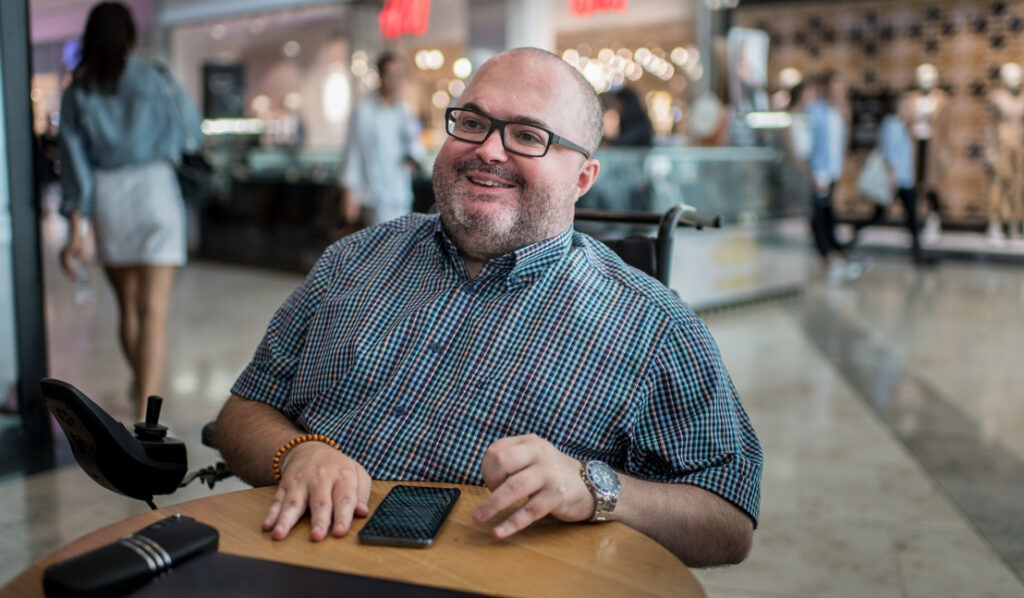
Access4you, the firm of Balázs Berecz wheelchair entrepreneur has set a target not lower than to audit first Hungarian, then European locations, hotels, office buildings, malls or even restaurants, hairdresser’s based on their accessibility. Because this is not at all as evident as it sounds.
Balázs Berecz is a wheelchair user, but not the stay-at-home type. He travels a lot both here and abroad. He does not like to make a big deal out of encountering obstacles, sniping is not worth a lot, he rather searches for the solution. But as always, he strives to plan everything carefully in advance.
It is excellent if an accomodation is really accessible, but he also finds it absolutely fair if he is told that the given venue is not like that. What is rather a matter of concern if it turns out at the venue that the accomodation promised to be accessible is in reality not approachable for him.
The Lisbon story
‘It was in Lisbon that I finally decided to establish the enterprise – he says.
I arrived from the airport and I was standing there at midnight in front of our Airbnb shelter. Four giant stairs were towering in front of me, although I had been exchanging mails with our hosts for 2 weeks, I had sent my usual 8-10 sample questions in English and asked for photos. The host was very helpful in everything, still I was facing the fact that I would never ever get in here,’
‘The guy thought that they would lift me in, but on one hand it was not possible that somebody would always be on standby, on the other hand I weighed 250 kilos together with my electric chair.’
Access4you
The idea of Access4You is briefly that the firm audits and certifies various community spaces, restaurants, hotels, malls, office buildings from the point of view of people with special needs (PSpN). They provide credible and detailed pieces of information for the time being on the website, later through an application.
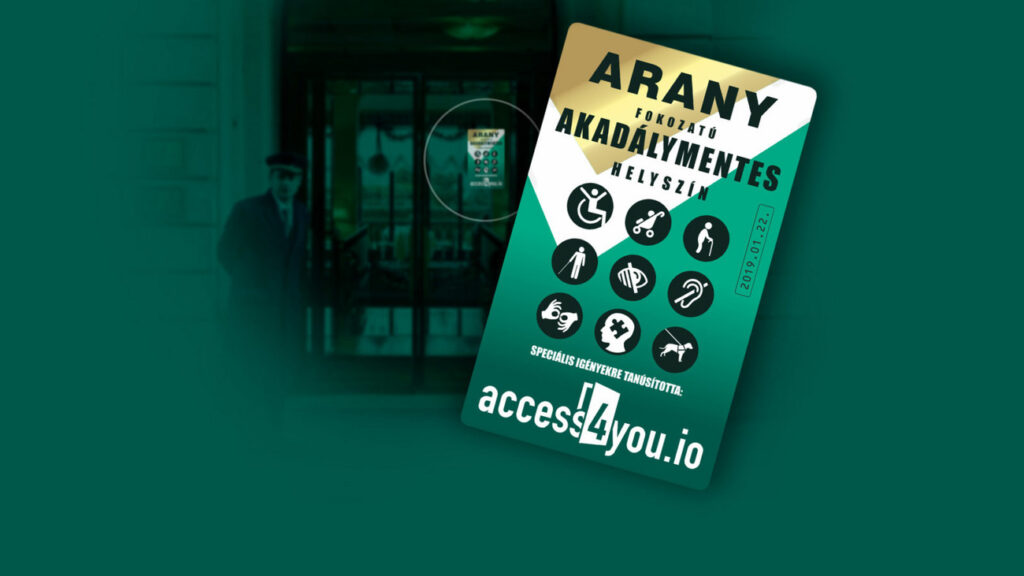
We are speaking about minimum 15 percent of the population, but
If in addition to the wheelchair users, the blind or the deaf we also consider those with autism, down syndrome or even new moms, the elderly with difficulties to move as target groups, then this number can be even significantly higher.
Those with special needs permanently experience that the owners of properties do not always perceive accessibility as it really is. Let us just think about the fact that a moving staircase is helpful for certain people, for example for an elderly person with difficulties to move, however for a wheelchair user it might as well be an insurmountable obstacle.
As an otherwise well accessible restaurant with handicapped bathroom is not the same as one without it or there are interim solutions where joining forces with the neighbouring restaurant already provides an imminent resolution.
What we do not even think about
There are really various types of specific life situations and most of us think about accessibility as smooth ground, spaces also accessible without stairs, but the question is much more complex.
If a wheelchair user only faces the fact in the room of the accessible hotel that the shower has a 30 centimetres high threshold, then they do not feel the summer holidays being that comfortable any more.
The smile is also not sincere if in a wellness hotel although someone has indicated their arrival in advance, but the lifting equipment of the pool operable through an accumulator is not turned on and in the hotel the staff reassure that within 12 hours, so for the next day noon the accumulator will be really already charged.
Assessment needed
The idea of Balázs Berecz and the others started off from these experiences and situations. He is leading the firm together with Tamás Méri, both of them are economists, entrepreneurs.
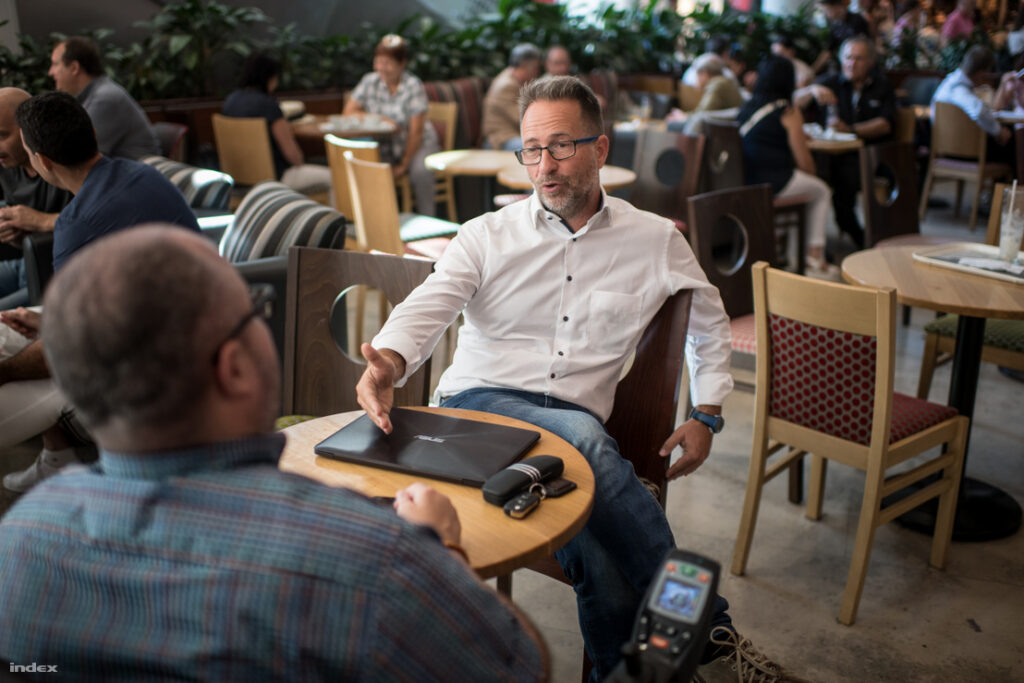
Balázs Berecz is of Oradean origin, he grew up in Eger, then after having moved to Budapest he was working as a salesperson, later he established a tender writing company, he has already seen many projects, investments.
By his own admission, to Tamás Méri everything always rings a bell about the enterprise. They were already friends with Balázs, when the latter started to chat and brainstorm with Tamás who was basically a property manager, but for example also had a security data destruction firm shredding 4000 tons of documents annually.
They thought that although
Most service providers are well-intentioned, but the operators of front areas, hotels, office buildings – in the lack of appropriate standards – do not, might not exactly know for whom what is accessible.
The innovation of Access4you is that all around Europe they got a process of certification, a trademark and a graphical solution protected and very thoroughly, based on 550 questions they audit the locations via personal access, photos and videos according to special needs.
The business model
Thanks to his own life situation, Balázs Berecz certainly had experiences regarding certain special needs, but no one can be completely aware of all types of life situations.
But now there are already graduate professionals in Hungary, so-called specialist rehabilitation engineers who plan or restructure special buildings based on their studies in the Budapest University of Technology and Economics or in the Óbuda University.
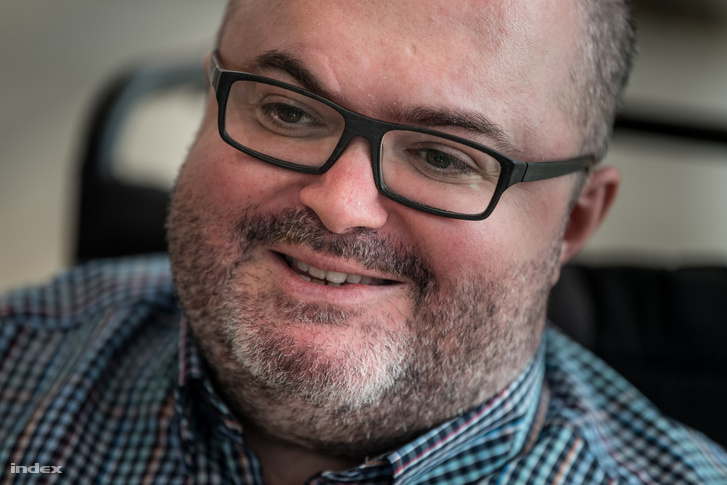
The enterprise currently just evolving groups the locations in filterable and queriable format, it is possible to run complex queries based on
- municipalities,
- types of venues and
- special needs.
The plan for the portal is that after the Hungarian venues they would soon also rise to international level, since the need for the enterprise has exactly been brought to life by the continuously developing global market for tourism, which also reached people with special needs.
Hotel, pub, match, concert
According to Balázs Berecz every venue requires a different approach, the most complex being the hotel, since there are various ways of vertical and horizontal transport, in addition to the common spaces restaurants, room interiors and wellness also have to be audited. A shopping mall or a restaurant, event venue is somewhat more simple.
More simple, but not at all self-explanatory. It did happen to Balázs and his friends that they did not manage to get into five pubs in a row, so in the end they bought a few cans of beer and ended up in the flat of Balázs.
But it also happens to Western locations that for example the operator of an apartment building or an event centre does not send photos, detailed answers, only writes that believe them, they have already had wheelchair guests.
Positive approach
Based on the experiences of the owners the helpful intentions are fortunately recurring. Usually even the Hungarian concert venues, football stadiums also offer better-worse solutions.
But let us just think about that although a space established beyond a soccer goal is a very near-the-field experience for the wheelchair user, but sitting in the chair, from a height of 130 centimetres the field is not as visible as when standing.
It is also difficult to find a good solution at concerts. If a wheelchair user is separated, that is an isolated situation, not a real concert experience. If they are with the crowd, they do not necessarily have a good view.
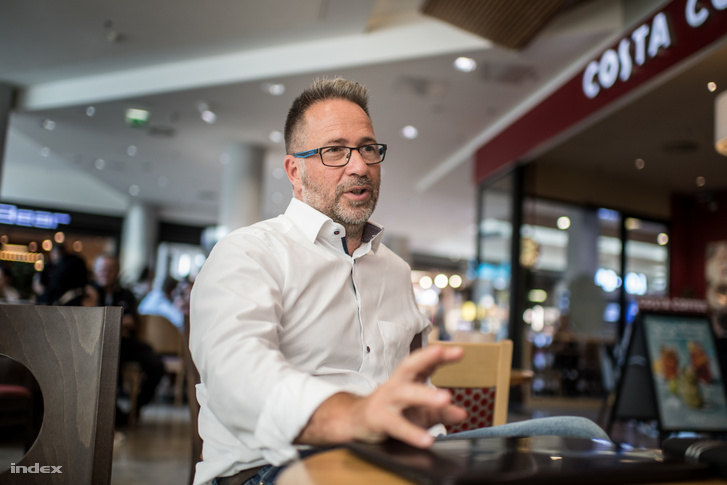
Additionally, it is an especially funny or precisely annoying feature that as a recurring problem in case of online ticket orders although the system is very practical, the online system just cannot handle the special ticket, so wheelchair guests have to go and buy the ticket on their own personally.
Evolution
The firm tries to test as many venues as possible. According to Tamás Méri
luckily there is a high conversion rate, a huge percentage of the ones they approach welcome the firm positively.’
It is a similarly interesting experience to work together with the colleagues, those who have so far got involved in the life of the enterprise as engineers, salespeople, communication experts or graphic designers usually did not only enter into a business relationship with the firm, but they always got engaged, also emotionally attached to the case.
By the way Access4you is a market enterprise, as per its business model the firm first audits the locations for an area-proportional fee, then ranks them in basic, bronze, silver and gold categories and issues an annual certificate about it.
In a very simplified way the various levels reflect whether the location fulfills the minimum criteria regarding the 8 target groups with special needs.
If all useful spaces of a building are accessible for a visitor with special needs, it is already considered accessible, but there can be many degrees within (there’s if everything is designed according to this and there’s if a specific entrance is available for wheelchair users, but that is more difficult to approach, only by getting around the building).
No blacklist
Access4you do not want to put an emphasis on blacklists, but they find it very fair if a location declares that they are not accessible. Because for people with special needs
these are important pieces of information, so this is also a kind of corporate social responsibility if someone declares it about themselves.
The leaders of the company know that an enterprise will only really be viable if even more venues can be reached in Hungary and abroad, meaning that even more locations will be assessed.
Based on its parameters it most probably could be easily sold to state programmes, venture capital, but at the moment the owners think that they would like to grow from ‘neutral’ capital, for example bank credit. The growth has so far been very rapid, from the birth of the idea until the start, the hiring of employees only a few months passed by, now the main task is to gather clients and to carry on posting to the portal, from where getting to an even higher level can follow next January.
(Cover picture: Balázs Berecz, Access4you founder. Photo: János Bődey / Index)
